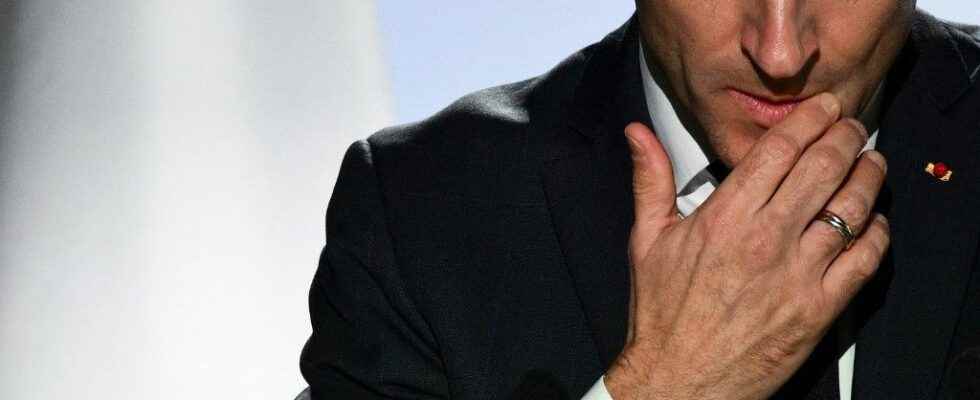“For a moment, I find myself thinking that we are an unpredictable people to have elected a man so little connected with the idea that the French have of the function”: in 682 days (Plon), Roselyne Bachelot recounts her first one-on-one, in July 2020, with Emmanuel Macron who, the next day, will appoint her to Culture in the government of Jean Castex. She has seen it, heads of state, she the daughter of (her father was a Gaullist deputy for nearly twenty years), she the minister of Jacques Chirac and Nicolas Sarkozy. None of the presidents of the V really resembled the French, but they had all rubbed shoulders with them so much, frequented them, confronted them that they had ended up being recognized by them.
Since day one, Emmanuel Macron has not been part of this story, having appeared out of nowhere, having taken advantage of exceptional electoral circumstances, a politician of a different kind. Even today, despite almost six years of living together, the relationship has not normalized between “the first of the French” and France. He continues to want to remain faithful to what was his mark, an ambition of all-out transformations, which sometimes ends up in the decor of grandiloquent, abstruse or deep formulas (in the sense of hollow, as Jacques Chirac said), but which always feeds his personal driving force and also, dare we say, his sincerity. She is reluctant to make certain sacrifices, prefers the efforts of neighbors to those imposed on her, wonders about the meaning of work.
The pension reform comes at the right time to measure the extent of the hiatus between the two: are Emmanuel Macron and France still in adequacy? The 2022 election will have been a missed opportunity, neither he nor she are completely responsible for it, Vladimir Putin more so. The first half of 2023, where it will also be a question of immigration or institutions, will therefore serve as a catch-up session. He plays his identity, she his balance. Funny time for a meeting.
